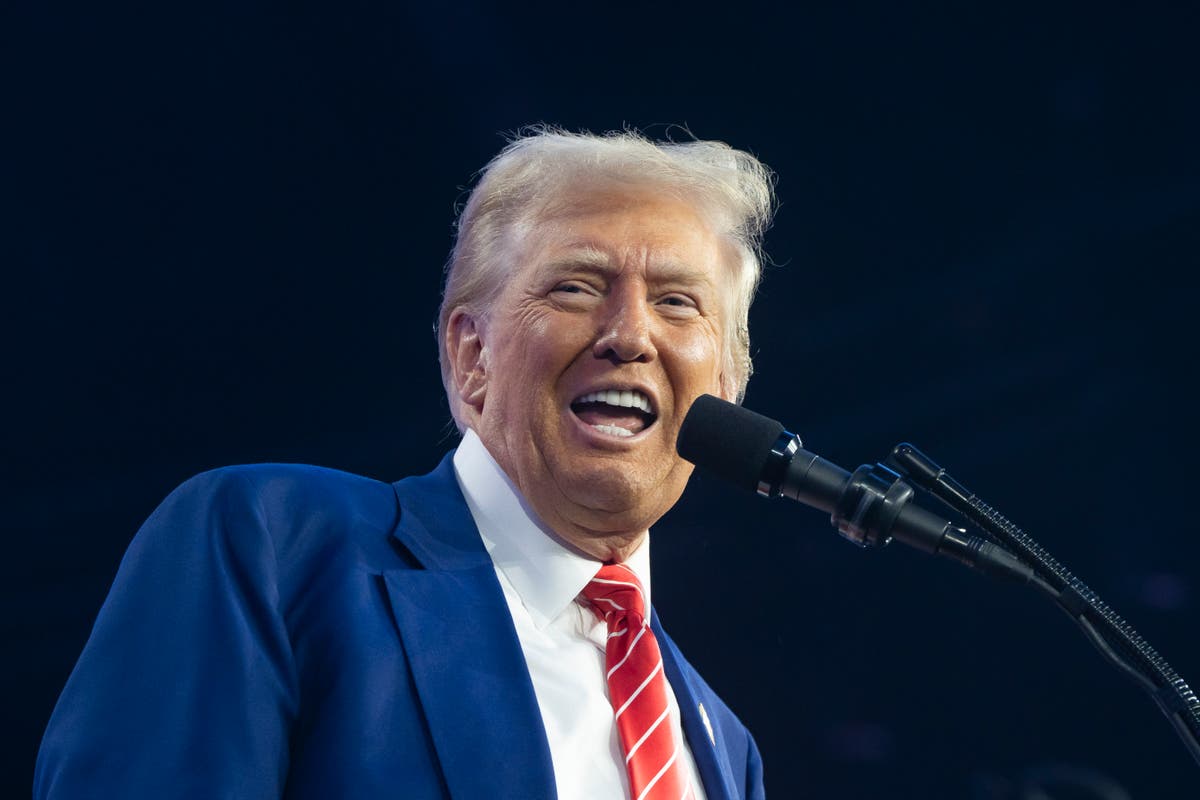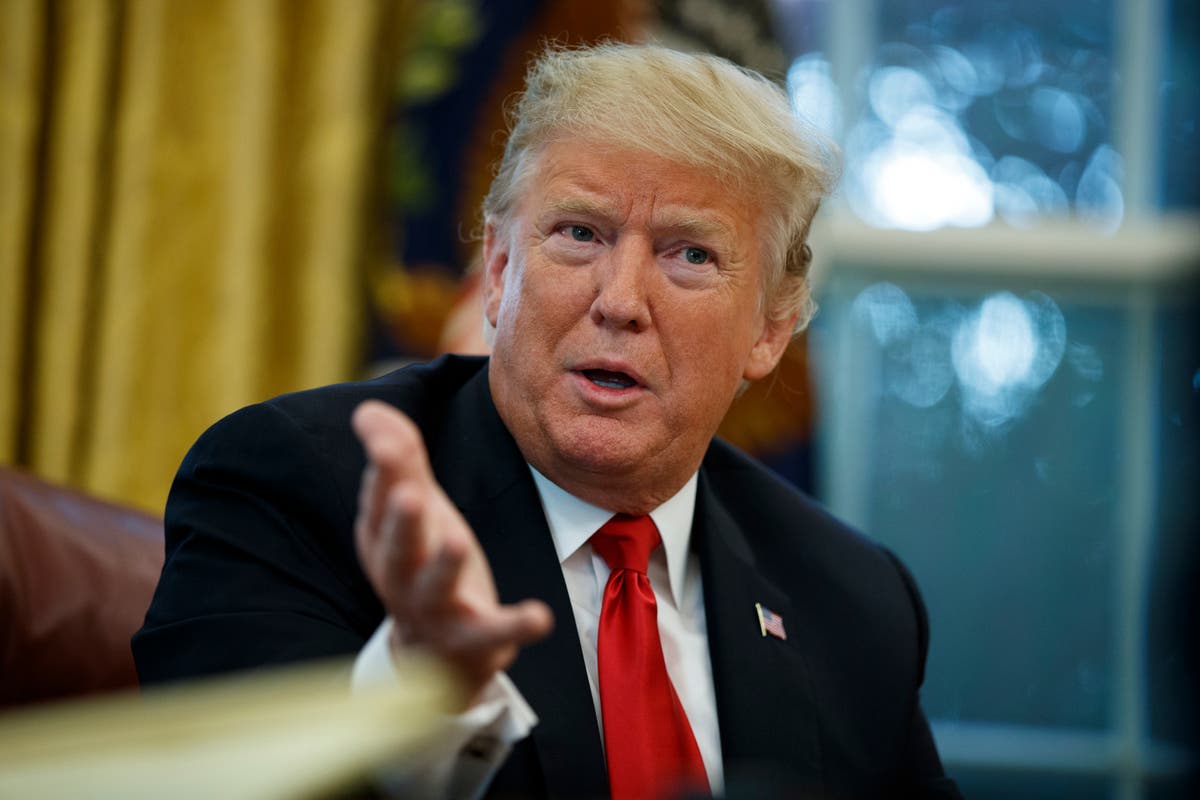President-elect Donald Trump's recent social media pronouncements about potentially acquiring Greenland, annexing Canada, and controlling the Panama Canal have ignited international debate and drawn significant attention from Russian media. These statements have been interpreted by some in Russia as an indication of Trump's openness to territorial expansion, echoing the Kremlin's own geopolitical ambitions.
Trump's remarks have reportedly resonated with Russian propagandists, who see them as evidence that he would be willing to seize territories from nations unable to mount effective resistance. This interpretation comes from figures like Julia Davis, a noted observer of Russian media, who suggests the former president's rhetoric reveals a propensity for unilateral action. Such statements have led to comparisons with Russia's 2014 annexation of Crimea, which Trump previously described as "genius."
Leading Kremlin voices believe Trump's stance could legitimize Russia’s territorial ambitions, particularly in Ukraine. They reportedly view the current conflict not as a point of contention for Trump, but as an issue of length and cost. These supporters are opposed to negotiating with the current US envoy for Ukraine and believe that securing Trump's favor could lead to the recognition of Russia's territorial claims.
Furthermore, Russian state media has seized on Trump's expansionist talk. Host Dmitry Kiselyov of Vesti Nedeli, for example, has presented Trump's actions as a reflection of American territorial ambitions. He speculated about the world's reaction to potential US expansion and the possibility of future territorial grabs, raising concerns about the implications of such a precedent.
Following suit, pundits on The Evening With Vladimir Solovyov have similarly focused on the potential global shift under a Trump presidency. These commentators viewed Trump's statements as a validation of Russia’s own expansionist policies. Some even suggested that Trump’s actions regarding the proposed annexations of Canada, Greenland, and Panama gave Russia the green light to annex regions such as the Baltic states.
Russian officials have expressed a mixture of excitement and opportunism, with some like Andrey Lugovoy, likening the situation to a transition from one chaotic period to another. They have openly stated the belief that Trump’s actions are beneficial to Russia and will undermine any remaining illusions about the unity of the West. Furthermore, military expert Mikhail Khodaryonok suggested that Trump's pronouncements have made military operations a normalized method of resolving international disputes.







